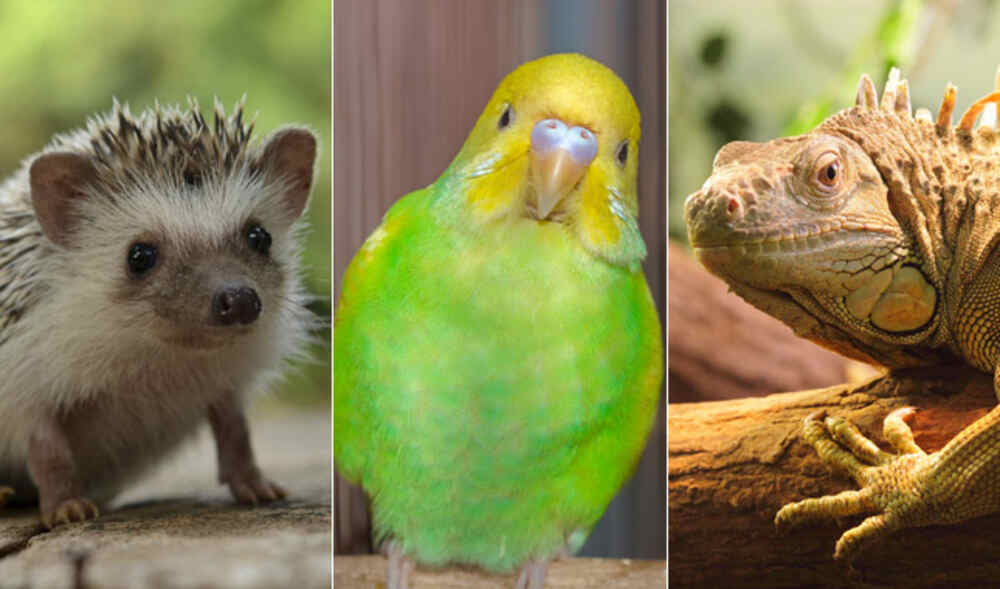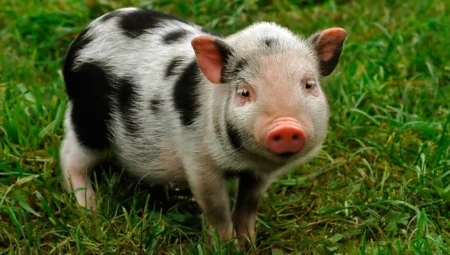Are you considering the companionship of an exotic pet? Before you embark on this unique and rewarding journey, it’s crucial to be well-informed about the care and adoption of exotic animals. This comprehensive guide will provide you with essential insights and considerations to ensure a happy and healthy life for both you and your exotic companion.
Comprehensive Guide to the Care and Adoption of Exotic Pets
- Research, Research, Research: Before diving into the world of exotic pets, thoroughly research the species you’re interested in. Each exotic animal has specific care requirements, dietary needs, and living conditions. Understanding these factors is paramount to providing proper care and ensuring a positive adoption experience.
- Legalities and Permits: Many exotic pets are subject to legal restrictions and may require special permits. Check local and national regulations to ensure that you comply with the law. Obtaining the necessary permits not only ensures legality but also helps support conservation efforts for endangered species.
- Specialized Veterinary Care: Exotic pets often require specialized veterinary care. Before adopting, locate a qualified veterinarian experienced in treating the specific species you’re interested in. Regular check-ups and preventive care are crucial to maintaining your exotic pet’s well-being.
- Habitat and Enrichment: Creating a suitable habitat is vital for the physical and mental health of your exotic pet. Research the natural environment of the species to replicate it as closely as possible. Enrichment activities, such as toys and interaction, are essential to keep your pet stimulated and prevent boredom.
- Nutritional Needs: Exotic pets have diverse dietary requirements. Understand the nutritional needs of your chosen species, including the appropriate balance of proteins, vitamins, and minerals. Some may have specific dietary restrictions that need to be carefully managed.
- Socialization and Bonding: Building a strong bond with your exotic pet requires time and patience. Many exotic species thrive on social interaction, while others prefer solitude. Understanding the social dynamics of your pet’s species is crucial to fostering a positive and enriching relationship.
- Long-Term Commitment: Adopting an exotic pet is a long-term commitment that requires careful consideration. Lifespans, growth rates, and potential behavioral changes should all be factored into your decision. Ensure you are prepared for the responsibilities that come with caring for an exotic companion.
- Educational Resources: Stay informed about the latest research and developments in exotic pet care. Join online forums, attend workshops, and connect with experienced exotic pet owners to share knowledge and experiences. Continuous learning is key to providing the best care for your pet.
The care and adoption of exotic pets require dedication, knowledge, and a genuine love for these unique creatures. By delving into the specifics of each species, understanding legalities, providing proper veterinary care, and creating a suitable environment, you’ll embark on a fulfilling journey with your exotic companion. This guide aims to equip you with the necessary information to make informed decisions, ensuring a harmonious and enriching relationship between you and your exotic pet.
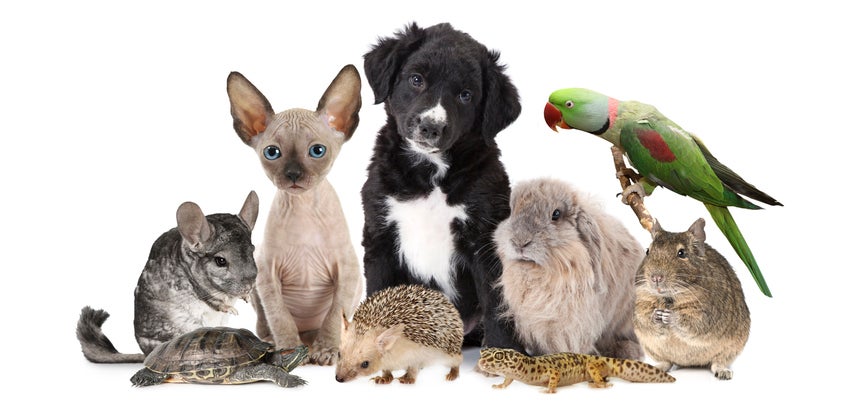
What are the most popular exotic pets?
The popularity of exotic pets can vary based on individual preferences, local regulations, and trends. However, as of my last knowledge update in January 2022, here are some of the most popular exotic pets:
- Reptiles:
- Bearded Dragons: Known for their docile nature and ease of care.
- Geckos: Various species, such as Leopard Geckos and Crested Geckos, are popular choices.
- Ball Pythons: A commonly kept snake species due to their manageable size.
- Small Mammals:
- Hedgehogs: Prickly but adorable pets with specific care requirements.
- Sugar Gliders: Small, nocturnal gliding mammals that are social and require a lot of interaction.
- Ferrets: Playful and inquisitive, ferrets can form strong bonds with their owners.
- Birds:
- Parrots: Species like Cockatiels, Budgerigars (Budgies), and Lovebirds are popular for their intelligence and ability to mimic sounds.
- Finches: Small and colorful birds, often kept for their social behavior.
- Aquatic Pets:
- Tropical Fish: Colorful and diverse, tropical fish in aquariums are a common choice.
- Axolotls: Unique aquatic salamanders known for their regenerative abilities.
- Exotic Invertebrates:
- Tarantulas: Some people keep tarantulas as pets due to their intriguing behaviors and various species available.
- Praying Mantises: These insects are fascinating to observe and relatively easy to care for.
- Amphibians:
- Dart Frogs: Colorful and small, dart frogs are kept in specialized vivariums.
- Salamanders: Some species of terrestrial or aquatic salamanders are kept as pets.
It’s essential to note that the popularity of exotic pets can change over time, and the suitability of a particular species as a pet depends on the owner’s commitment to meeting its specific care requirements. Additionally, local laws and regulations may impact the availability and legality of keeping certain exotic animals as pets. Always thoroughly research and consider the needs of any exotic pet before deciding to bring one into your home.
Are the costs of caring for domestic exotic animals high?
The costs of caring for domestic exotic animals can vary widely depending on the species, their specific needs, and the level of care required. Here are several factors to consider when assessing the potential costs of caring for exotic pets:
- Initial Setup:
- The cost of acquiring the exotic pet, which may include adoption fees or the purchase price.
- The price of an appropriate habitat or enclosure, which may need to be customized based on the species.
- Veterinary Care:
- Specialized veterinary care for exotic pets often comes with higher costs compared to routine care for more common animals.
- Regular check-ups, vaccinations (if applicable), and potential emergency veterinary expenses.
- Diet and Nutrition:
- Exotic pets may have specific dietary requirements, including specialized food or supplements.
- The ongoing cost of providing a nutritionally balanced diet tailored to the needs of the species.
- Habitat Maintenance:
- The cost of maintaining a suitable environment, including heating, lighting, substrate, and any necessary accessories or enrichment items.
- Regular cleaning and maintenance to ensure a clean and safe living space for the exotic pet.
- Insurance:
- Some exotic pet owners opt for insurance to cover potential veterinary costs or liability issues.
- Legal and Permit Fees:
- Depending on local regulations, there may be costs associated with obtaining permits or complying with specific legal requirements for keeping exotic pets.
- Specialized Equipment:
- The purchase of specialized equipment or tools needed for the care of certain exotic species.
- Education and Resources:
- Costs associated with educating yourself about the species, including books, online resources, and potentially joining exotic pet owner communities.
It’s important to note that the costs can vary significantly between different types of exotic pets. Some may have relatively manageable costs, while others, especially those with unique or demanding care requirements, can incur higher expenses. Additionally, unexpected costs may arise, such as veterinary emergencies or the need for equipment replacement.
Before deciding to care for an exotic pet, it’s crucial to thoroughly research the specific needs of the species and budget for both anticipated and unforeseen expenses. Responsible ownership includes providing the necessary resources and care to ensure the well-being of the exotic pet throughout its life.
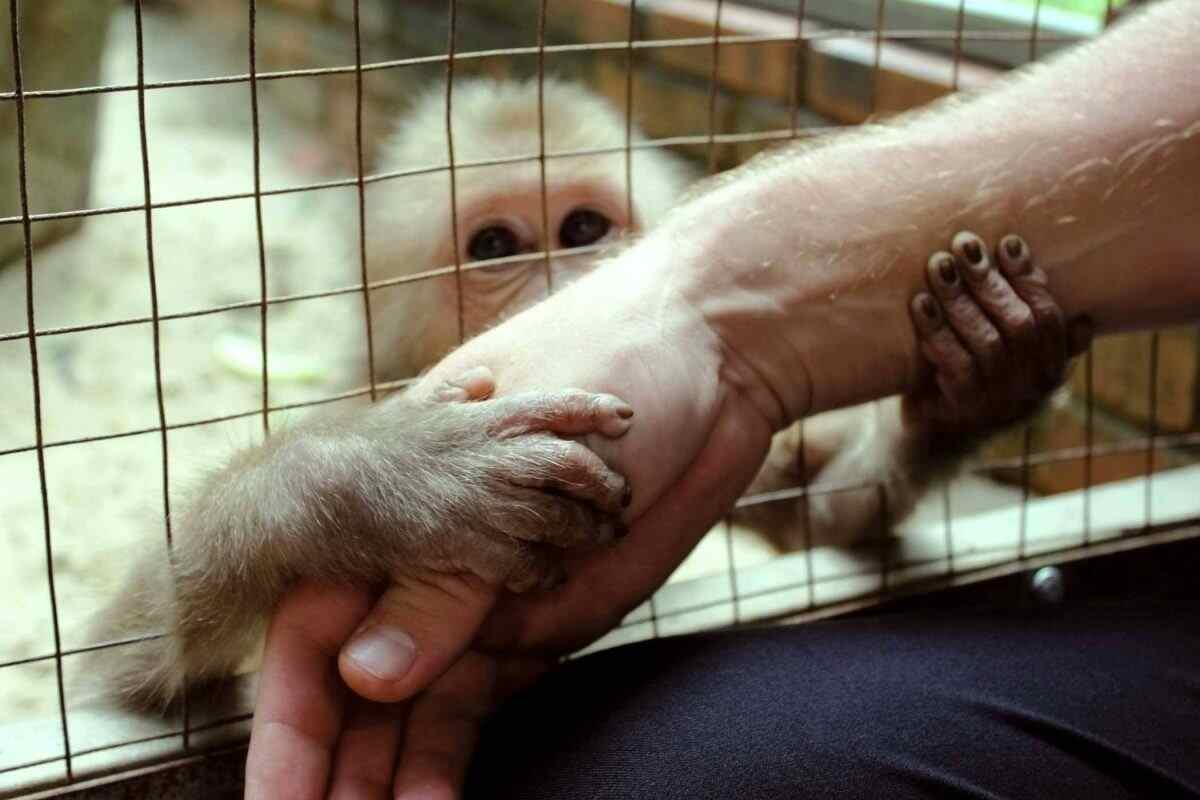
What are the permits required to get an exotic pet?
The permits required to get an exotic pet vary widely based on your location, the specific species you intend to keep, and local regulations. It’s crucial to research and understand the legal requirements in your area before acquiring an exotic pet. Here are some common permits that may be required:
- Wildlife Permit:
- Many exotic animals are considered wildlife, and a wildlife permit may be required to own them. This permit is often issued by a state or national wildlife agency.
- Importation/Exportation Permits:
- If you are acquiring an exotic pet from another country, you may need importation or exportation permits to comply with international regulations.
- CITES Permit:
- The Convention on International Trade in Endangered Species of Wild Fauna and Flora (CITES) regulates the international trade of certain species. A CITES permit may be required for the import or export of these species.
- Exotic Animal Permit:
- Some regions have specific permits for the ownership of exotic animals. This may include reptiles, birds, or mammals that are not native to the area.
- Special Use Permit:
- Certain exotic animals may require a special use permit if they are deemed to pose potential risks to public safety or local ecosystems.
- Health Certificates:
- For certain animals, especially those imported from other countries, a health certificate issued by a veterinarian may be required to ensure that the animal is free from diseases.
- Zoning and Land Use Permits:
- Some localities have zoning regulations that dictate what types of animals can be kept in residential areas. A zoning or land use permit may be required to ensure compliance.
- Facility Inspection:
- In some cases, authorities may conduct inspections of the facilities where exotic animals are kept to ensure they meet certain standards for the health and well-being of the animals.
It’s important to note that regulations can vary not only between countries but also within different states or regions. Failure to obtain the necessary permits can result in legal consequences, confiscation of the animal, and fines. Additionally, acquiring an exotic pet without proper permits may contribute to illegal wildlife trade and negatively impact conservation efforts.
Before obtaining an exotic pet, thoroughly research the legal requirements in your specific location, and consult with local wildlife or animal control authorities to ensure compliance with all relevant permits and regulations.
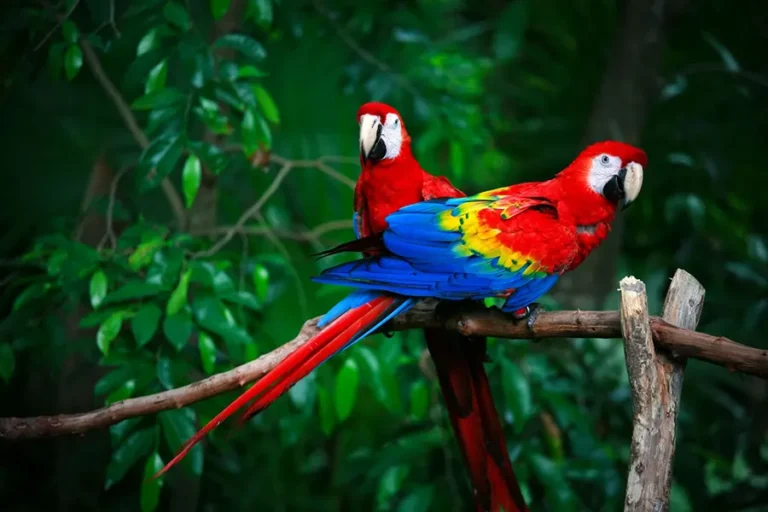
What are suitable living conditions for exotic pets?
Suitable living conditions for exotic pets depend on the species, but some general guidelines apply.
- Enclosure: Provide a spacious, species-appropriate enclosure with secure sides and a top to prevent escape. The enclosure should mimic the natural environment of the species.
- Temperature and Humidity: Maintain the appropriate temperature and humidity levels. Exotic pets often have specific temperature and humidity requirements, so it’s essential to replicate their native climate.
- Lighting: Ensure proper lighting, including natural sunlight or artificial UVB lighting for species that require it. Adequate lighting is crucial for the pet’s physiological and behavioral well-being.
- Diet and Nutrition: Feed a well-balanced and species-specific diet. Research the nutritional needs of the exotic pet and provide a varied and appropriate diet to support their health.
- Veterinary Care: Schedule regular check-ups with a veterinarian experienced in exotic pet care. Early detection of health issues is vital for prompt intervention.
- Enrichment: Offer environmental enrichment such as toys, hiding spots, climbing structures, and other stimuli to prevent boredom and promote mental stimulation.
- Socialization: Consider the social needs of the species. Some exotic pets thrive on social interaction, while others prefer solitude. Provide opportunities for appropriate socialization.
- Cleanliness: Maintain a clean living environment. Regularly clean and disinfect the enclosure, and provide fresh water daily. Good hygiene helps prevent illness and promotes a healthy environment for the exotic pet.
Always research the specific requirements of the exotic pet species you intend to keep and tailor their living conditions accordingly. Regular observation and responsiveness to the individual needs of your pet contribute to their overall well-being.
What are the essential supplies for the care of exotic pets?
Essential supplies for the care of exotic pets vary depending on the species, but here is a general list to consider:
- Enclosure:
- A suitable habitat or enclosure that meets the specific size and environmental requirements of the exotic pet.
- Heating and Lighting:
- Heat sources such as heat lamps, heating pads, or ceramic heat emitters to maintain appropriate temperatures.
- Full-spectrum lighting or UVB bulbs for species that require exposure to ultraviolet light.
- Substrate:
- Substrate material appropriate for the species, such as bedding, soil, or substrate that helps maintain humidity and allows for natural behaviors.
- Food and Water Bowls:
- Species-specific food and water bowls or dishes that are easy to clean and maintain.
- Dietary Supplements:
- Nutritional supplements or vitamins recommended for the species, especially if the pet’s diet may be deficient in certain nutrients.
- Cage Furniture:
- Climbing structures, hiding spots, and other cage furniture to provide enrichment and mimic the natural habitat.
- Thermometers and Hygrometers:
- Instruments to monitor temperature and humidity levels in the enclosure.
- Veterinary Care Supplies:
- Contact information for a qualified veterinarian experienced in exotic pet care.
- First aid supplies for basic medical care.
- Environmental Enrichment:
- Toys, puzzles, and objects that stimulate the pet mentally and physically.
- Cleaning Supplies:
- Cleaning tools such as brushes, scoops, and disinfectants for maintaining a clean and hygienic enclosure.
- Handling Equipment:
- If applicable, specialized equipment for safely handling and interacting with the exotic pet.
- Transportation Carrier:
- A secure and well-ventilated carrier for transporting the exotic pet, especially for visits to the veterinarian.
Always research the specific needs of the exotic pet species you plan to keep and tailor the supplies accordingly. Regularly assess and replace worn or damaged items, and maintain a consistent routine for cleaning and caring for your exotic pet’s environment.

